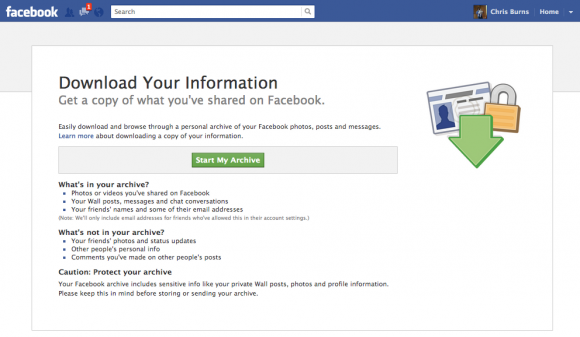Search
Breaking Bad? NM is the 6th state to pass social media workplace law
No way, Heisenberg is gonna be cool with this. Not a chance.
Earlier this month, New Mexico joined Maryland, Illinois, California, Michigan, and Utah, by becoming the sixth state to pass a law, which makes it unlawful for an employer to request or require that a prospective employee fork over a social media password as a condition of gaining employment. However, this New Mexico’s law is unique in that it only covers prospective employees, and not the existing workforce.
Lest anyone get the wrong idea, I am not in favor of employers asking candidates or current employees for social media passwords. Instead, as I’ve noted before, there is no empirical evidence that employers asking for social media passwords is a common practice. Therefore, these laws seek to regulate a “problem” that rarely, if ever, exists.
 The Employer Handbook Blog
The Employer Handbook Blog






